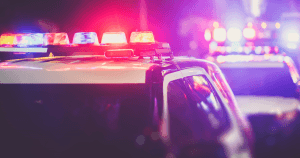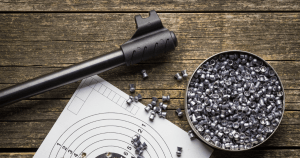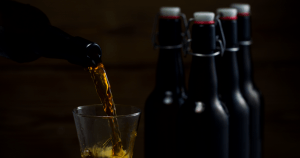New Jersey is about to greatly expand the state’s medical marijuana program. That means patients will have greater access to medical marijuana for an increasing number of conditions. What does that mean in the context of DUI?
With the expansion of the medical marijuana program, it is anticipated that there will be an increase in the number of marijuana-related DUI arrests in the State of New Jersey. Similar to any lawfully prescribed drug, because you may lawfully ingest it, doesn’t make it legal to drive while under the influence of that drug.
It has been and remains illegal to drive in New Jersey if you are under the influence of alcohol or drugs. When it comes to a DWI arrest involving alcohol, the state has set a limit for the amount of alcohol someone can have in their system. In New Jersey, any person having alcohol above a .08% BAC in their system is considered driving while intoxicated. In most cases, this limit is tested by requiring a driver to submit to a breath test and is measured by an Alcotest machine, which each police department has at their headquarters.
What if there is no alcohol in a person’s system? Can they still be convicted of Driving While Intoxicated? The answer to that question is yes. Under New Jersey’s DWI statute N.J.S.A. 39:4-50 a person who operates a motor vehicle while under the influence of intoxicating liquor, narcotic, hallucinogenic or habit-producing drug, or operates a motor vehicle with a blood alcohol concentration of .08% or more by weight of alcohol in the defendant’s blood will be guilty of DWI.
The issue in New Jersey, however, is that there is currently no defined legal limit as to how much marijuana or THC a person can have in their system. Additionally, there is no machine or device similar to the Alcotest machine used in the State of New Jersey that measures the amount of THC in someone’s system. So how does the state prove you were driving under the influence of Marijuana?
Police Departments throughout New Jersey have been using what are known as Drug Recognition Experts to conduct a series of tests on drivers suspected of being under the influence of marijuana. The DRE is a specially trained officer who runs a series of tests on an individual arrested on suspicion of DUI and provides an opinion in a report.
Often, in addition to the DRE examination, police will request that a driver provide a urine sample. Other times, police will obtain a search warrant for a sample of a person’s blood or urine.
Our office has successfully challenged DUI charges based on the suspicion of driving under the influence of marijuana. We work closely with several DUI experts that are retired police officers and certified DRE experts.
If you or someone you know has been charged with Driving While Under the Influence of Marijuana in Madison, Chatham, Harding, Mendham, Chester, Morristown, Morris Township, Morris Plains, Florham Park, Hanover Township, East Hanover, Washington Township, Boonton, Butler, Denville, Dover, Jefferson or any town within Morris County New Jersey or surrounding counties, please call us for a free consultation.






